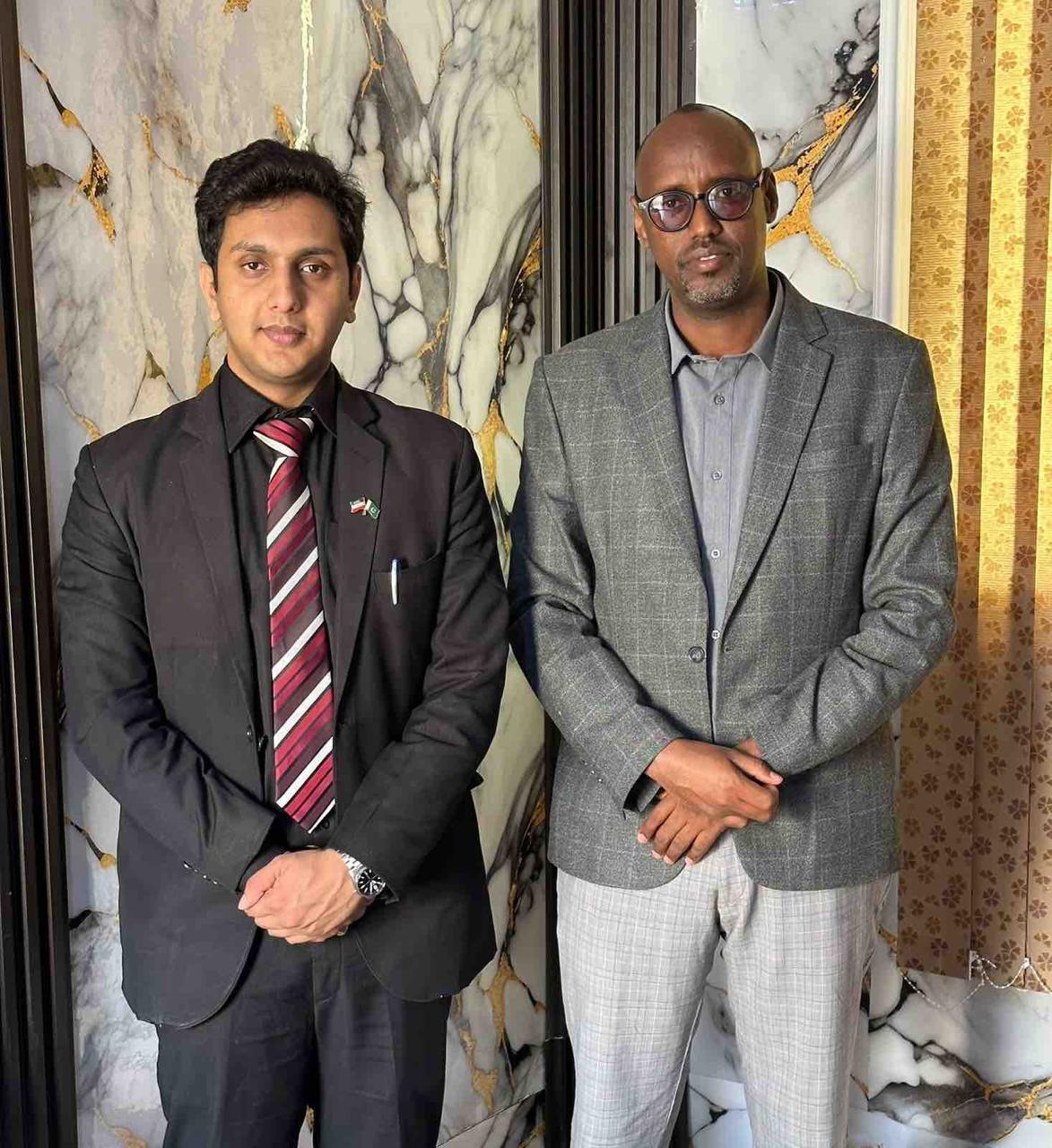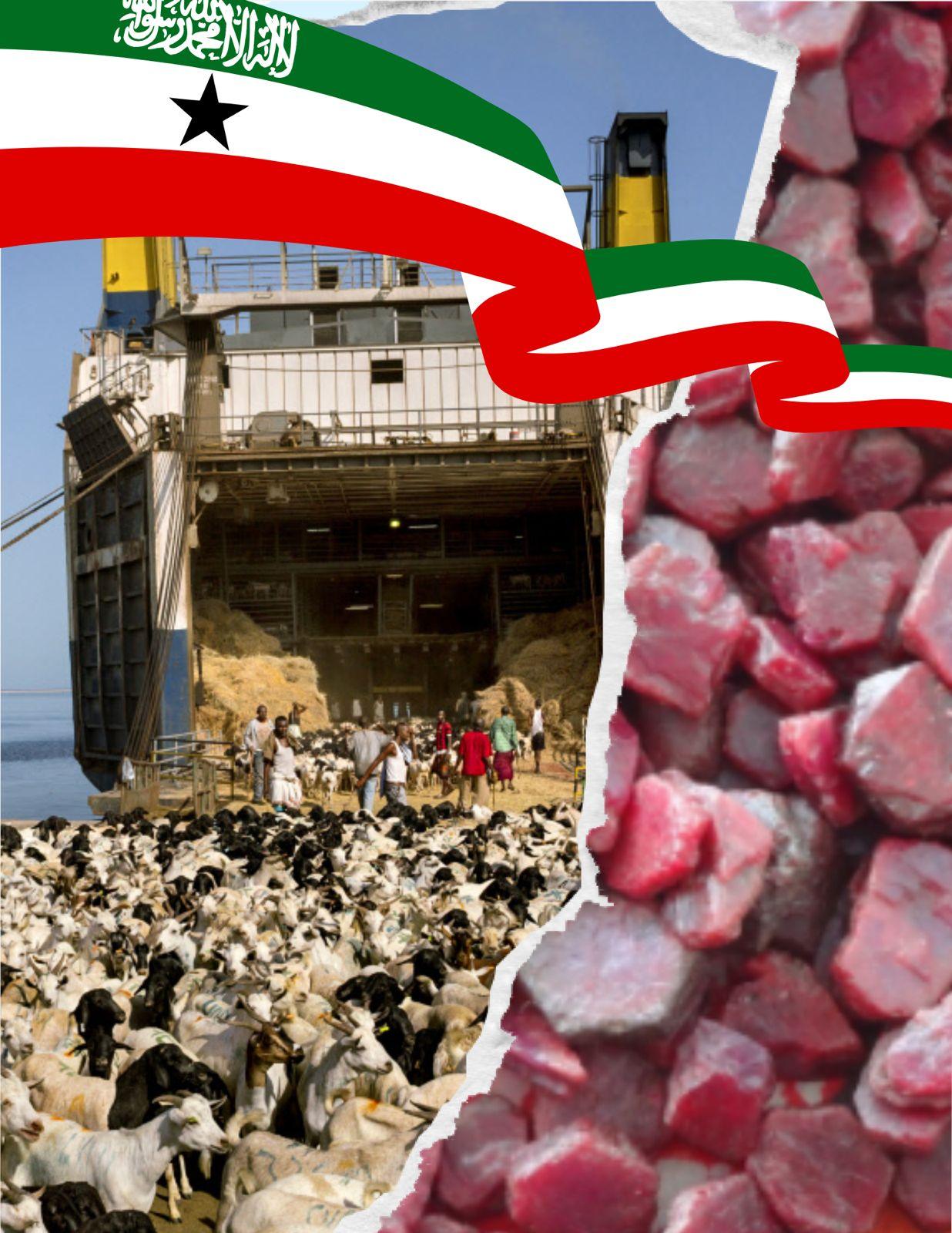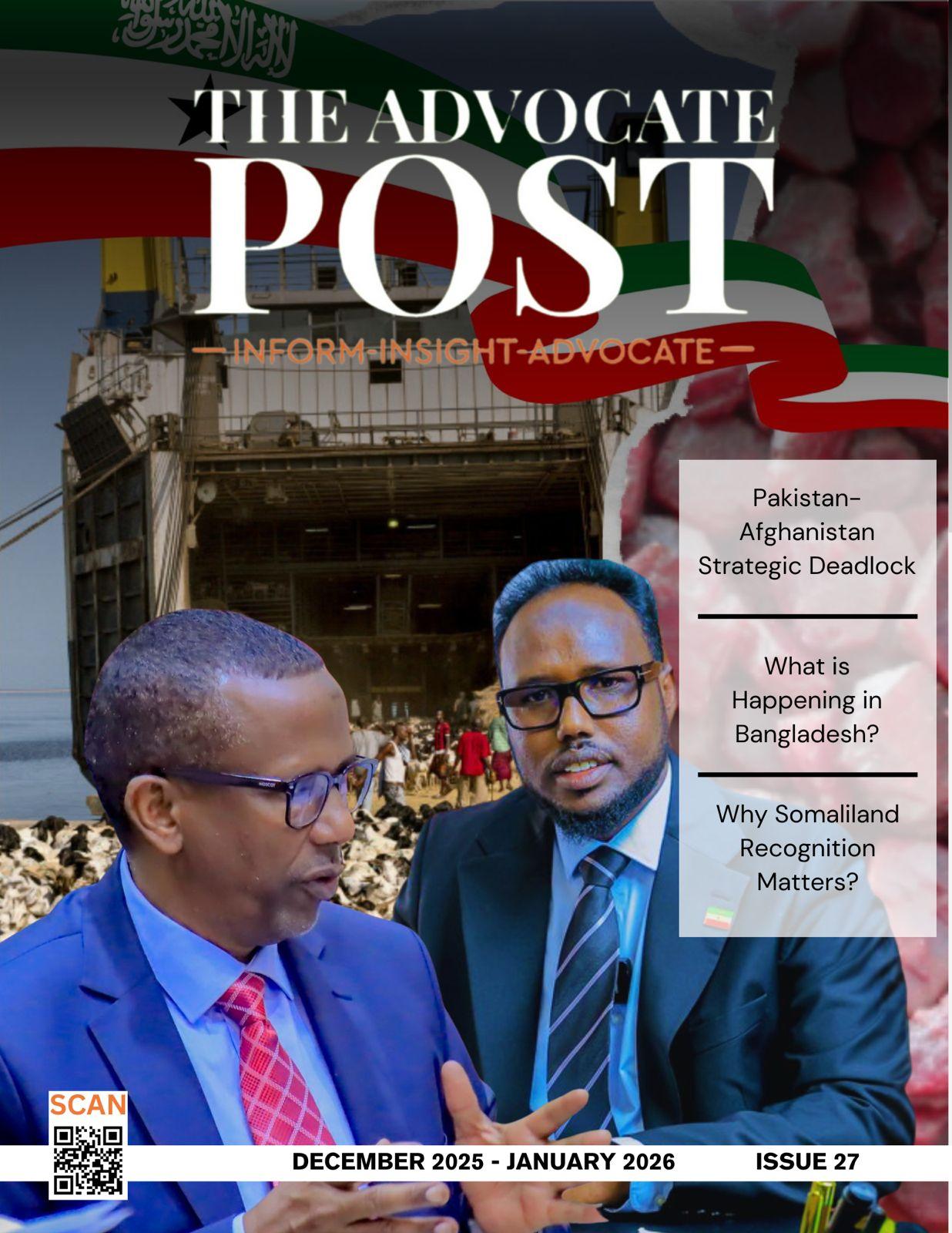By Abdul Rafay Afzal (Editor in Chief)
The Land of Pure the Islamic Republic, Pakistan: there has been a major shift in the framework of the recent history of this South Asian nation, one that promises brightness for the country’s future. Women’s empowerment was once a lofty goal, but it is now a lived experience that has changed the character of our country. With a careful tango of legislative measures, landmark cases, and many initiatives taken by the Government and in the private sector or NGOs, Pakistan is paving the way for a more inclusive and equitable society.
During this change in Global Dynamics, Women’s rights in Pakistan have been protected and advanced to an unprecedented extent. Judiciary and Parliament different tenures passed strict laws to punish those who commit acts of violence against women in this country. These safeguards haven’t just protected women from harm and discouraged would-be abusers from acting on their evil impulses, which is a necessary act.
Prominent cases have changed how we look at the past, forcing us to rethink established norms and confront deeply held biases. Women are breaking barriers and proving their worth in a traditionally male-dominated society.
The Apex Court, which was never a thing before in bureaucracy or business. According to the World Economic Forum’s latest Global Gender Gap Report 2023, Pakistan still has a way to go before closing the gender gap. Pakistan has one of the lowest international rankings of 142 out of 146 countries just, leaving countries like Just above Iran, Algeria, Chad, and Afghanistan behind. While this may seem discouraging, it is the highest position the prestigious nation has held since 2006.
The report is a call to action that serves as a strong reminder that progress needs to pick up speed, and it is an alarming situation for us as a nation in this 21st Century. It highlights the importance of addressing the pervasive gender disparities that impede Pakistan’s development. Redoubling our efforts to break down glass ceilings for women in the workplace, academia, and politics is crucial.
Gender equality is a difficult goal because of the many forces that stand in the way, individually and on a societal level. However, if attained, it’s a road that leads to tremendous opportunities and promises for any country. As an aspiring future-developed nation, it always looks to the future. It has a chance to create a culture where women are not only afforded equal rights but also respected, and their accomplishments are recognized and lauded, making the male-dominated society a place of equality and justice, preaching the guidelines of the Quran and Sunnah.
Pakistan has taken several legislative steps to safeguard women’s rights and promote gender equality. The Criminal Law (Amendment) Act of 2016
criminalized forced marriages and established stricter penalties for honor killings, contributing to a safer environment for women. The Protection against Harassment of Women at the Workplace Act of 2010 aimed to prevent and address workplace harassment, creating a conducive environment for women’s professional growth. In 2018, the Transgender Persons (Protection of Rights) Act granted transgender individuals’ legal recognition and protection against discrimination, marking a significant milestone for gender inclusivity in Pakistan.
Furthermore, the Women’s Protection Act of 2019 strengthened laws against domestic violence, emphasizing the state’s commitment to protect women from abuse.
Landmark legal cases have been crucial in advancing women’s rights in Pakistan. The historic judgment in the case of Mukhtaran Mai in 2002 sparked a national conversation on gender-based violence and increased awareness and action against such atrocities. Similarly, the 2018 landmark Supreme Court decision granting equal inheritance rights to women challenged traditional gender norms and contributed to a more equitable society.
The Benazir Income Support Programme (BISP), launched in 2008, provides financial assistance to marginalized women. The Pink Bus
Service in Punjab, introduced in 2017, ensures safe transportation for women.
Projects Women on Wheels for sustainable development to coup the gender gap in the country and many other initiatives in the past and currently running are needed to be expedited and launched more of them.
Moreover, organizations like the Aurat Foundation, All Pakistan Women’s Association and Shirkat Gah, etc., have advocated for women’s rights and gender equality, working tirelessly to raise awareness, provide support, and drive policy change. These initiatives have created platforms for women’s voices to be heard and have fostered a sense of solidarity among women across the country.
Pakistan’s journey towards gender equality is a continuous endeavor, and despite the current ranking of 142 in the Global Gender Gap Report 2023, there is a need for collective determination on Government, Private, national as well as individual levels to expedite actions. Not impractically, but not expecting to be in the top 10 in the next four to five years, but at least come in the 100 nations somewhere in between, not in the last. A comprehensive plan must be implemented, strengthening legislation against gender-based violence, enhancing access to quality education for girls, promoting women’s economic empowerment, and building a robust support system that includes healthcare and childcare facilities.
Collaboration between the Government, civil society, and international organizations will be crucial in driving change and creating a community with a better mindset where gender equality is a lived reality.
Abdul Rafay is from Pakistan currently a law student at LJMU, UK. He is the Editor in Chief and Founder of The Advocate Post He writes on geopolitics, international relations, and legal affairs etc. in more than 10 countries in English & Urdu languages. He has been honoured of being one of Pakistan’s and World’s youngest columnists and editors.
Author can be reached at rafayafzal555@gmail.com
Instagram: @arafzal555






